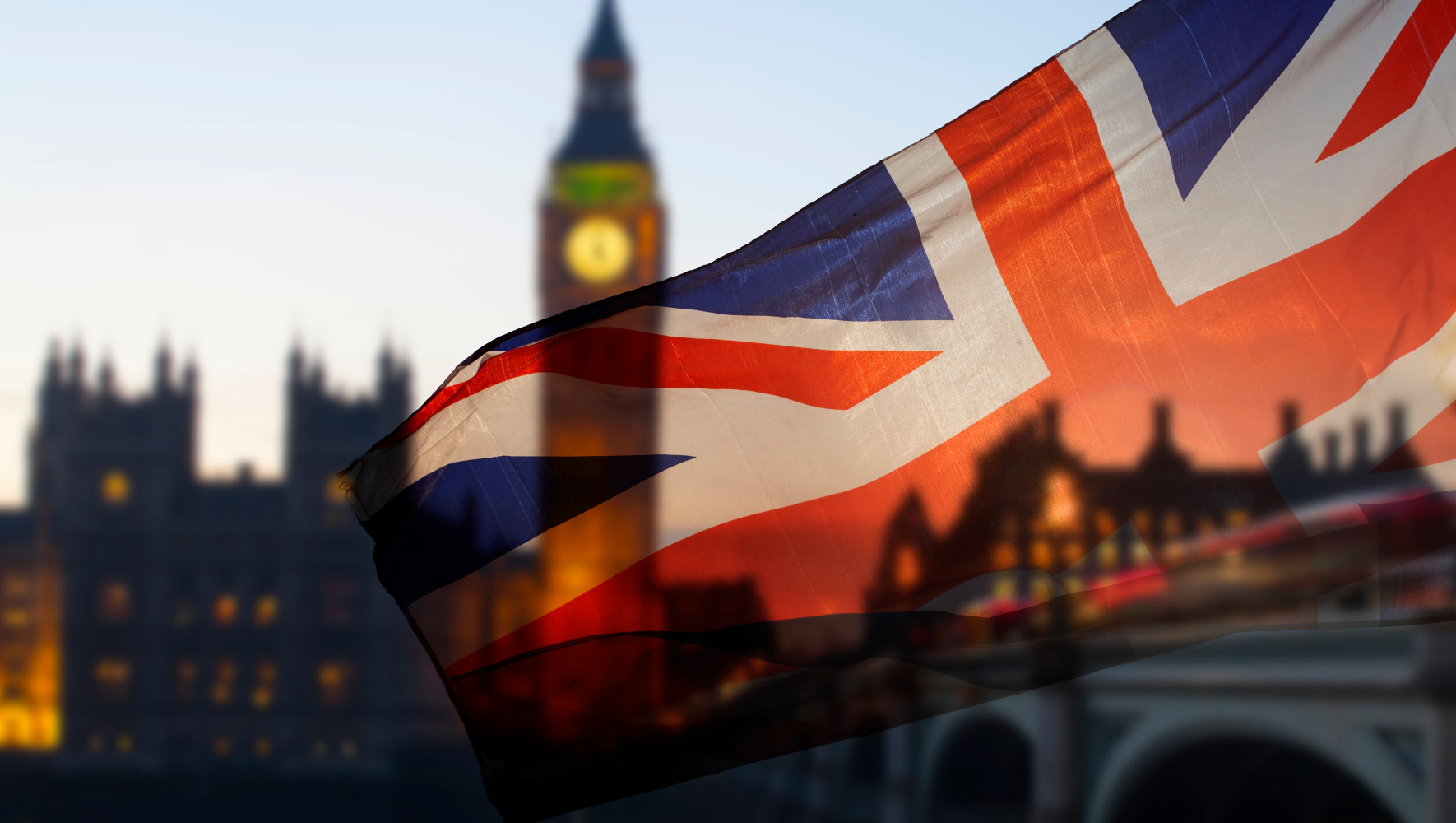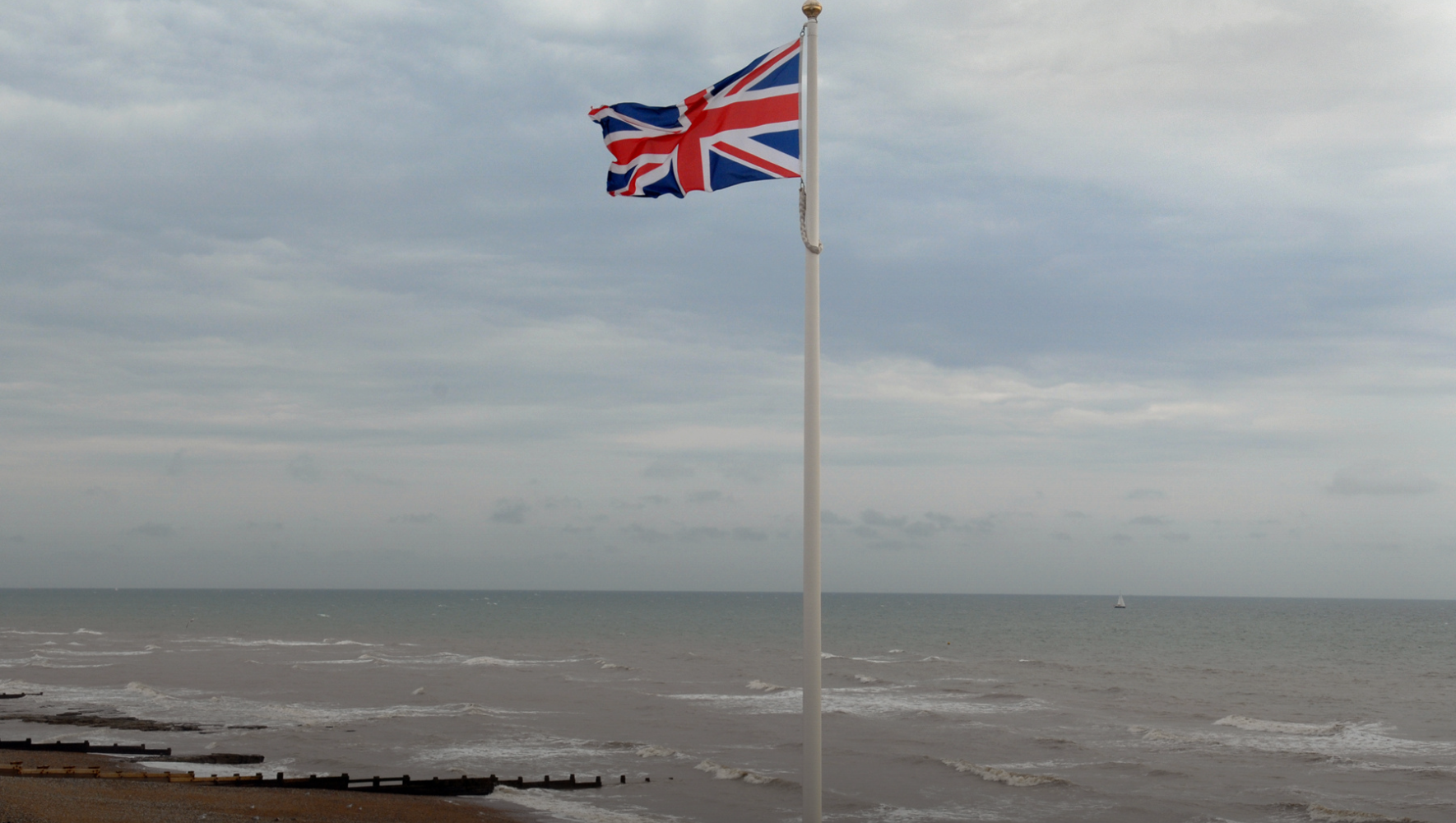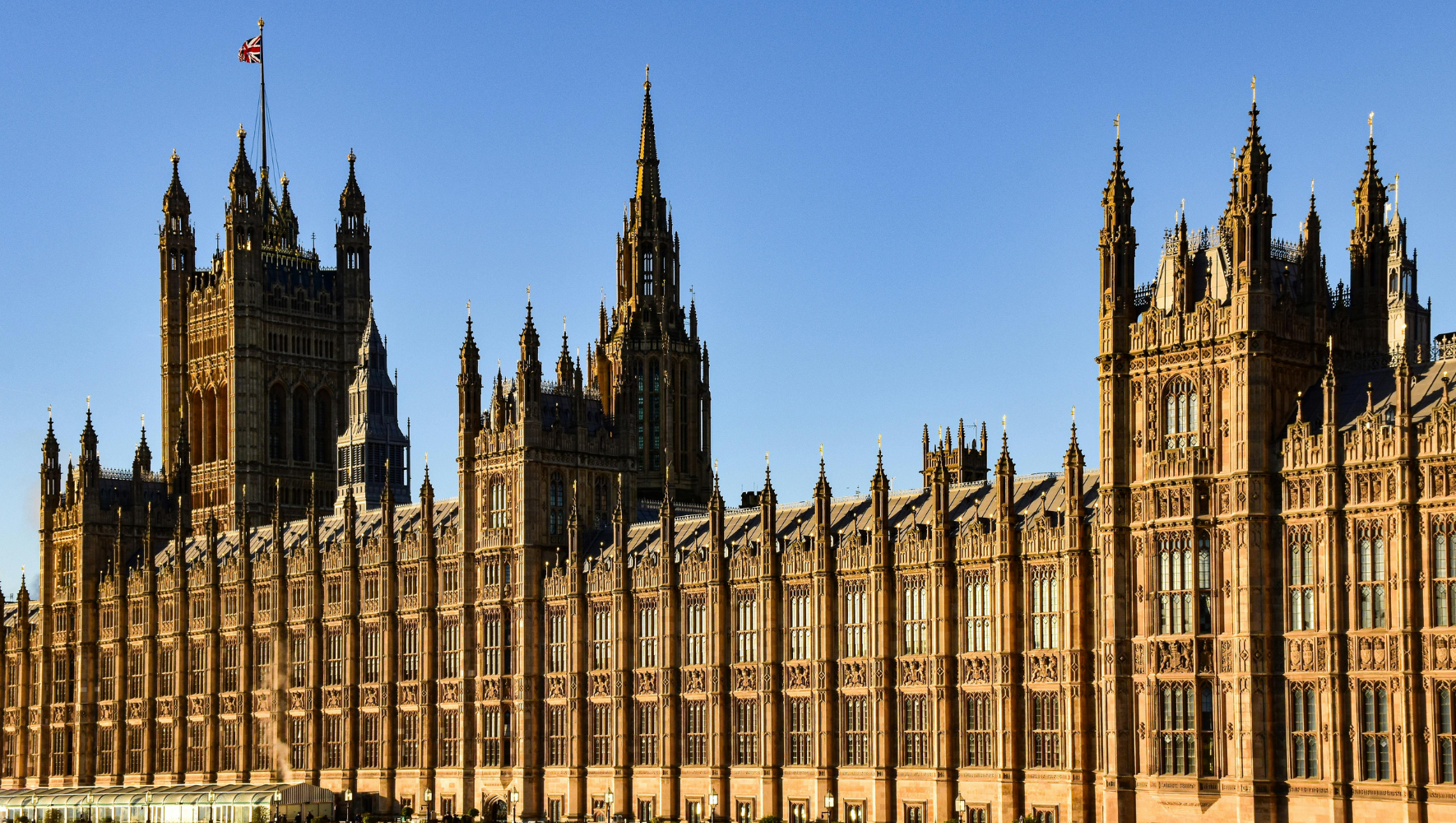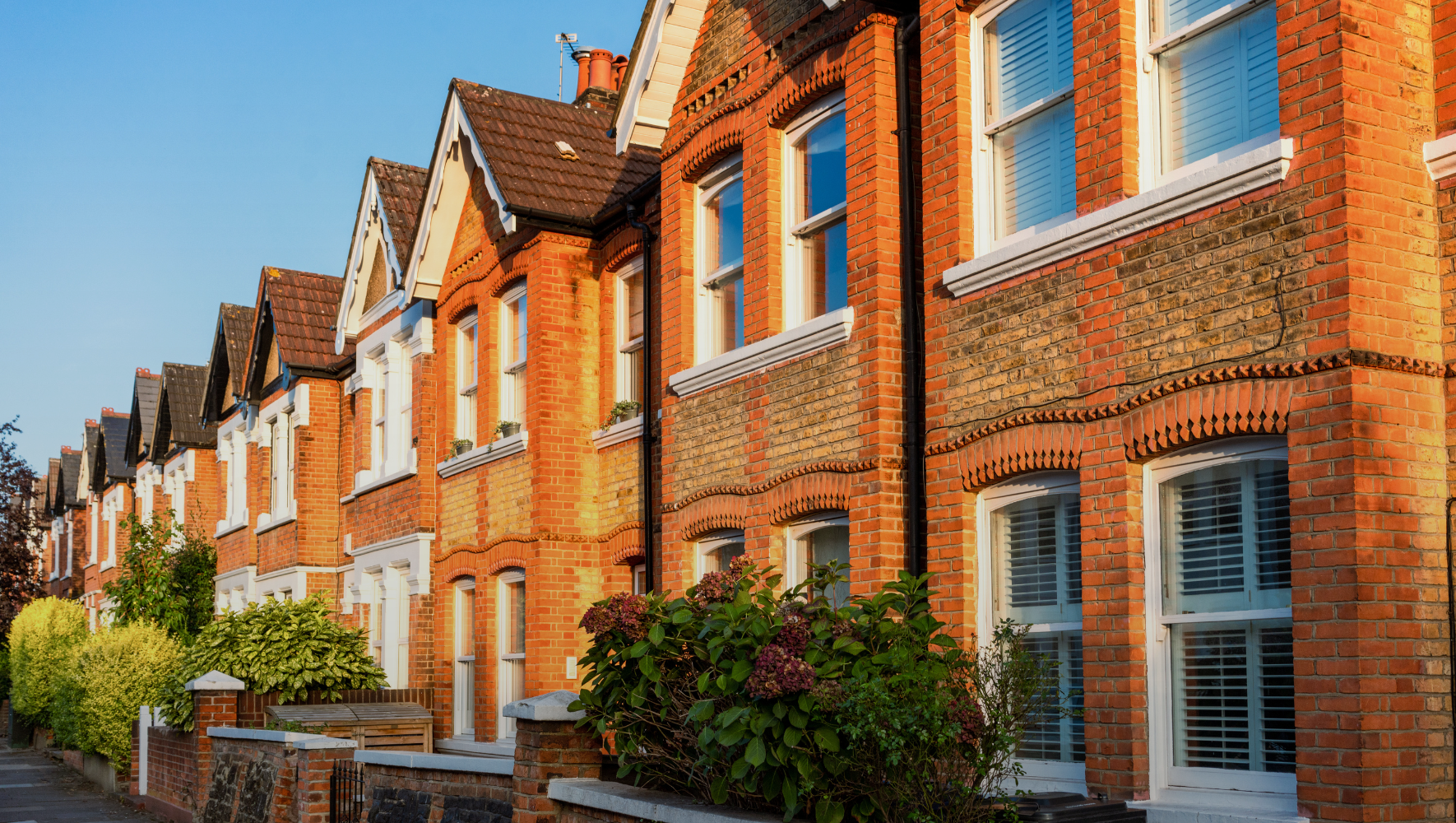
On 10 February 2025, the UK Home Office issued new guidance which effectively bans refugees who reached this country irregularly from receiving British citizenship. It’s estimated that this decision, made through a change to the ‘Good Character’ requirements, could affect tens of thousands of people. Read on to learn more and find out how you can take action.
What are the Good Character requirements?
This guidance outlines the criteria for obtaining British citizenship. Typically, when a person applies to become a citizen, the Home Office will consider factors like financial stability, past criminal convictions, and violations of immigration law. These factors are all used to consider the applicant’s “good character”.
However, a new clause has now been added, stating that “any person applying for citizenship from 10 February 2025, who previously entered the UK illegally will normally be refused, regardless of the time that has passed since the illegal entry took place.”
What will this change do?
Refugees who entered the country irregularly – in absence of safe routes, which are very limited and available just to a few select nationalities – will now effectively be penalised for doing so. Their citizenship application will be at the discretion of a decision maker who will normally refuse it.
While there may be exceptional situations in which applications are approved, the Government hasn’t provided clarity about how this discretion will be applied. It is understood that most applications will be rejected. As British citizenship applications are non-refundable, costing £1630, it seems likely that many refugees may be reluctant to even apply.
What impact will this have?
Tens of thousands of refugees will now be banned from ever becoming British citizens. These people – many of whom have lived here for years, or even decades – have all been granted protection in the UK because of conflict and instability in their home countries. With no safe pathways available, they were forced to take irregular journeys to this country. Now, they face the potential of being permanently excluded from accessing their full rights and forced to remain in a second-class status.
Why is this change wrong?
This policy’s impact will be felt by communities across the whole country. For refugees, citizenship is a vital legal status which ensures the protection of their rights as equal members of society. It’s also a powerful symbol of belonging and integration.
By denying tens of thousands of people the ability to obtain citizenship, this policy threatens to deepen the dangerous ‘us versus them’ rhetoric that was on full display during the riots last summer. We cannot let this divide grow further. Refugees must be given the opportunity to integrate fully, with the dignity, security, and rights that citizenship provides.
Why are we opposed to it as a Jewish organisation?
Many British Jews are descendants of people who arrived in this country seeking safety and security. From this, we understand just how crucial access to citizenship is for refugees and vulnerable populations. We know that refugees can achieve great things when given a fair chance: our values and history compel us to fight to ensure people today have the same rights that our families were once granted.
How has the Jewish community responded?
This policy change has been very distressing for many British Jews, with senior communal figures acting to make their feelings clear. In February 2025, 149 charities and faith leaders, including Rabbi Igor Zinkov, Rabbi Anna Wolfson, Rabbi Robyn Ashworth-Steen, and Rabbi Naomi Goldman, signed a letter to the Home Secretary expressing their opposition.
As a community, we must continue to make our voices heard. Join us and work together to press the Government to reverse this damaging policy, and to implement refugee policy which is fair and compassionate.



